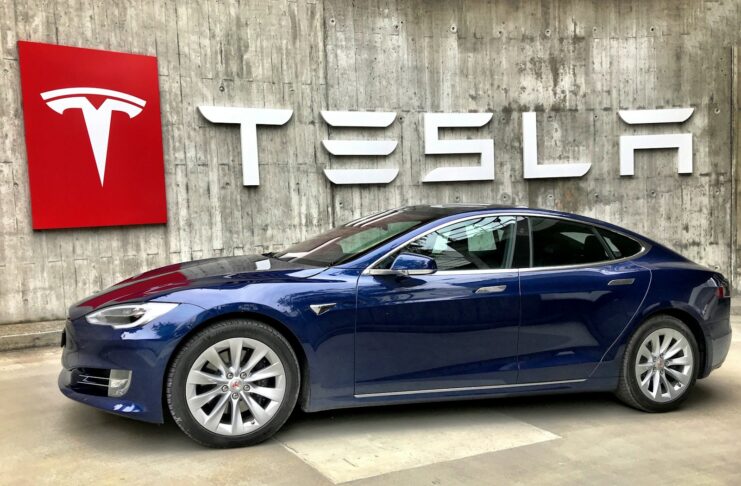In the corporate world, charismatic leaders often become the face of their organisations, embodying their values and vision. But when a leader’s personality overshadows company culture, it can lead to unforeseen challenges, experts say. The recent and erractic trajectory of Tesla and SpaceX Elon Musk serves as a potent example.
Musk’s audacious vision and risk-taking have propelled companies like Tesla and SpaceX to the forefront of innovation. His leadership style has drawn both admiration and criticism. Recently, Musk took on a role as a special government employee, heading the Department of Government Efficiency (DOGE) under President Donald Trump. The position, intended to last 130 days, saw Musk implement significant cost-cutting measures, including the dismissal of over 6,000 government employees, aiming to reduce federal expenditures by $1 trillion.
But Musk’s tenure in the governmental role has not been without controversy. His unpredictable actions and divisive public statements have raised concerns within the administration. Reports indicate that President Trump has communicated to close associates that Musk will step back from his government position in the coming weeks, transitioning to a less central advisory role.
The Impact on Tesla
Musk’s involvement in politics and his polarising public persona have had tangible repercussions for Tesla. The company recently reported its steepest sales decline in history, with deliveries falling by 50,000 vehicles to 336,681 cars — a 13% drop from the same period last year. Investors and stakeholders have expressed concern over Musk’s divided focus.
Brad Lander, New York City’s comptroller, who oversees a $1.25 billion investment in Tesla, has called for Musk to step down as CEO, suggesting he should concentrate on strategic guidance instead.
The Double-Edged Sword of Charisma
According to experts, charismatic leadership can significantly influence organisational performance. Research indicates that such leaders can foster creativity, collaboration and resilience, providing a competitive advantage. But an overreliance on a single individual’s charisma can pose risks.
A study published in the Journal of Business Research showed that while charismatic leaders can drive change, their dominance may stifle other voices within the organisation, potentially hindering long-term sustainability.
‘Different Leadership Styles’ for Management Success
Claire Scholes, principal consultant and specialist in leadership coaching for British recuitment consultancy Right Management, said variety was the key when running a business.
“Many of us would like to have more empathetic and sometimes charismatic leaders, but the reality is that success in leadership doesn’t have one linear route, and organisations rely on many different leadership styles,” she said.
She said what was of prime importance was “that despite different styles, leaders demonstrate consistent values and behaviours aligned to those agreed by the leadership team to create the organisational culture they desire.”
Scholes offered a real-world example of a leader she worked with who, like Musk, saw himself as larger than the organisational culture.
“He was undeniably charismatic, commanded a strong presence in any room, and was both exceptional and inspirational. However, he also gained a reputation as a bit of a maverick and often found himself at odds with his peers on critical issues. Despite his popularity and innovative approach, he was ultimately seen as a risk to the long-term sustainability of the organisation leading to his departure.”
Scholes notes that charisma alone is not enough and that leaders must balance their influence with self-awareness and a commitment to shared organisational goals.
“Throughout my career, I have collaborated with executives and senior leaders to develop their charisma, presence and impact. I have witnessed remarkable transformations in leaders who demonstrated growth mindsets and embraced increased self-awareness and coaching support.”
How Organisations Can Maintain a Balanced Culture
To prevent a single personality from defining company culture, experts recommend the following strategies:
- Encourage Collective Leadership – Organisations should foster a culture where leadership responsibilities are distributed across a team to ensure diverse perspectives shape the company’s direction.
- Define Core Organisational Values – Clear values should be established and consistently reinforced, ensuring they are upheld regardless of leadership changes.
- Invest in Leadership Development – Providing training and mentorship for emerging leaders helps create a sustainable leadership pipeline and prevents over-reliance on a single individual.
- Promote Open Dialogue – Employees should feel empowered to voice their concerns and contribute to the company’s culture, reducing the dominance of one voice.
- Regularly Assess Organisational Culture – Surveys and feedback mechanisms should be used to track cultural health and make adjustments as necessary.
While charismatic leaders like Elon Musk can drive innovation and captivate public attention, experts warn that businesses must ensure their culture is not solely defined by one individual. By implementing strategies that promote collective leadership and clearly defined values, companies can build resilient cultures that withstand the ebbs and flows of individual leadership dynamics.


